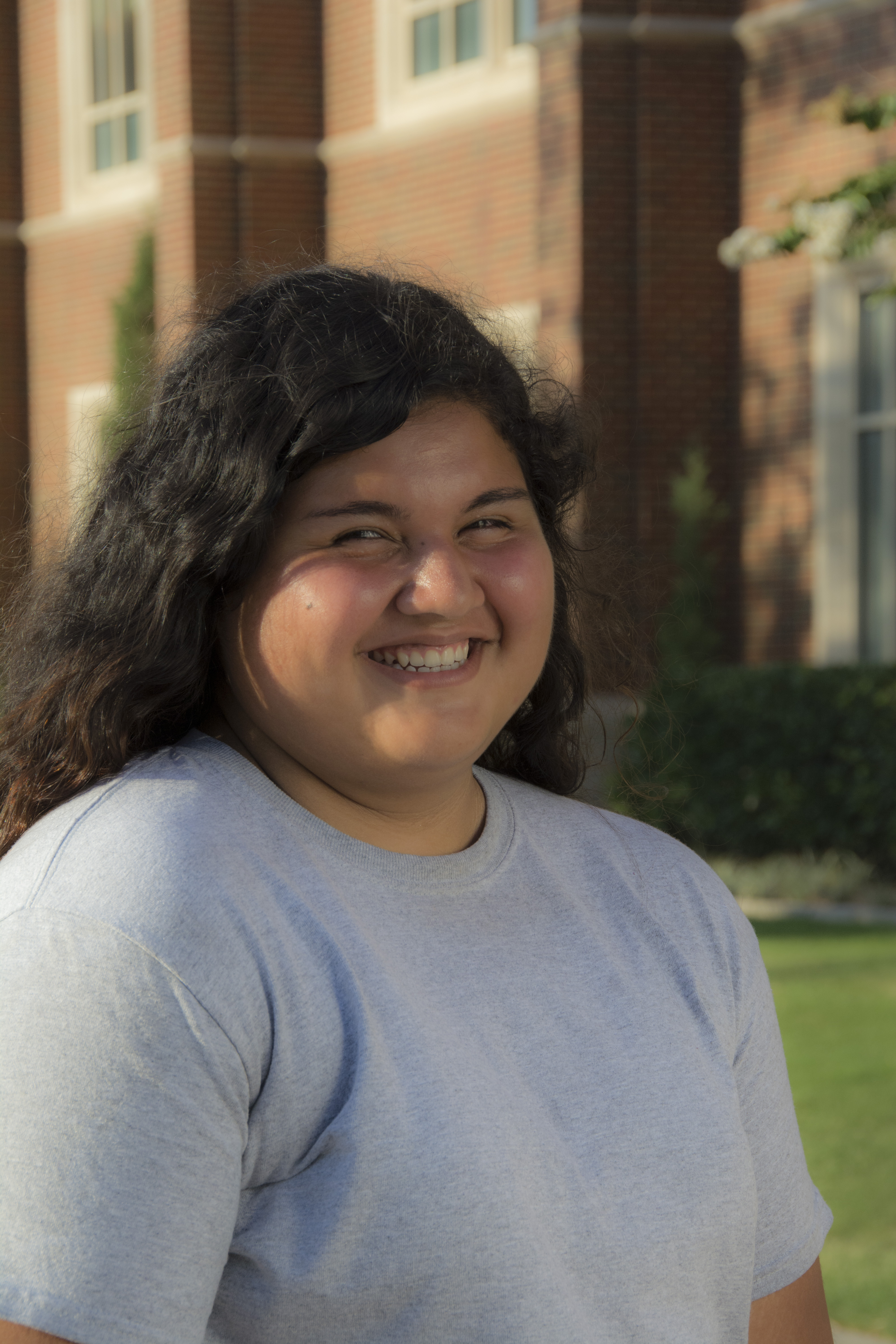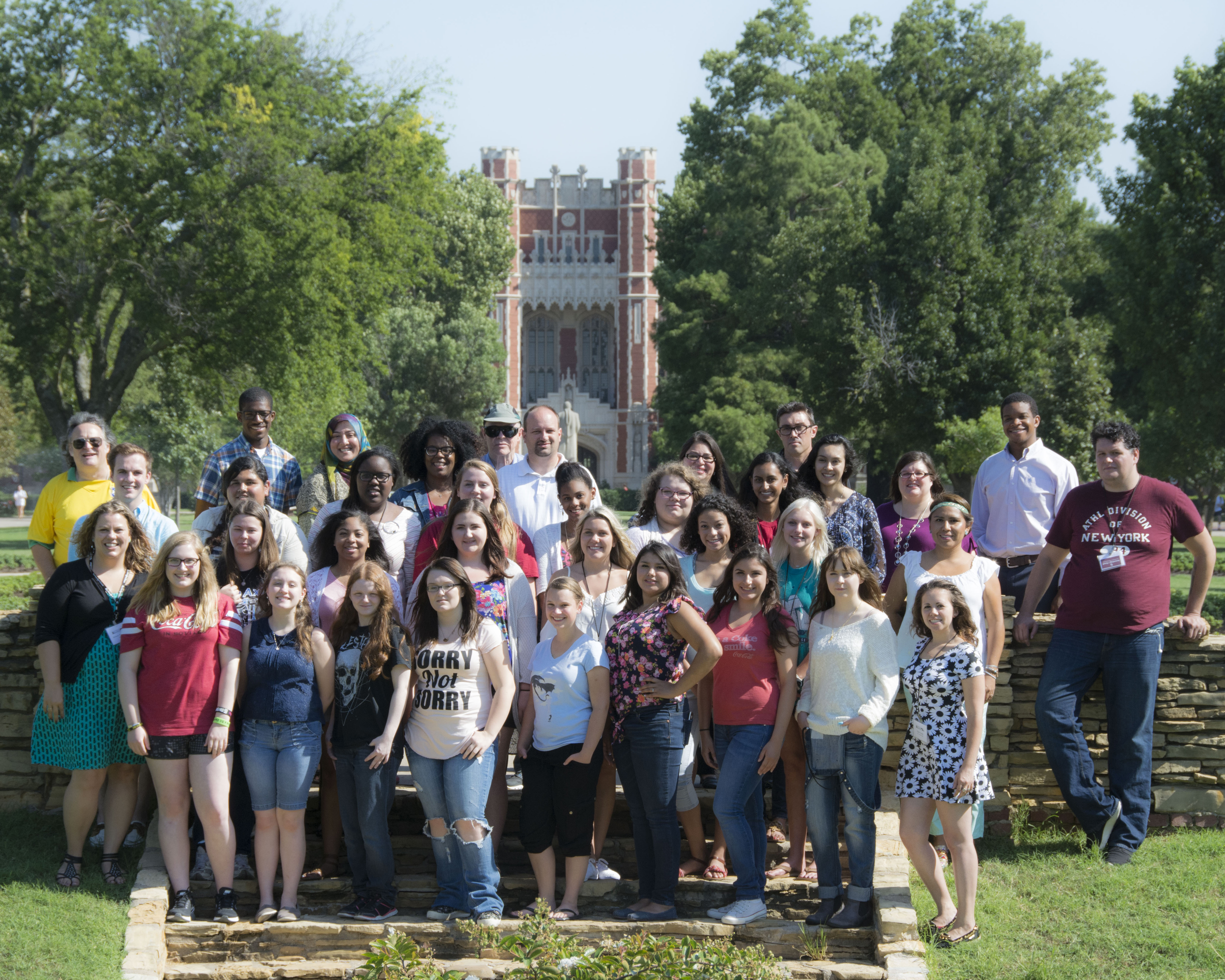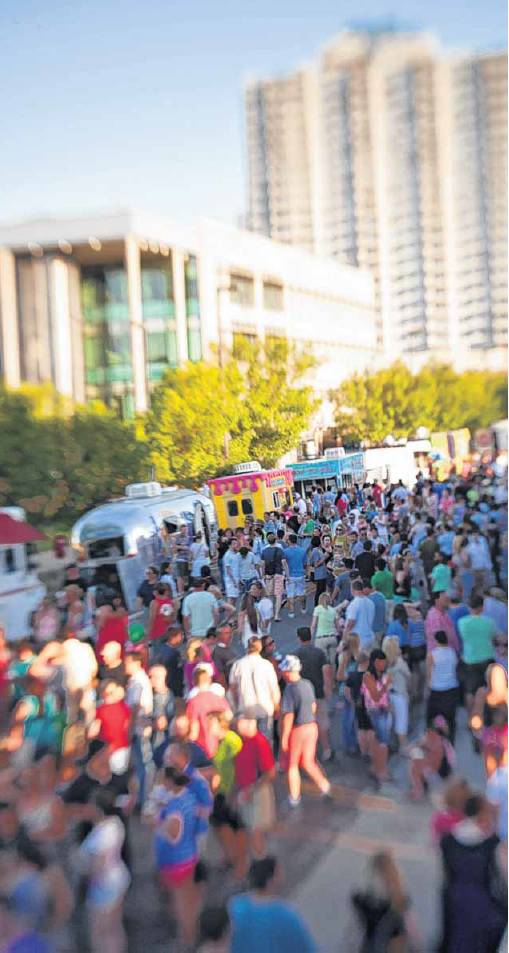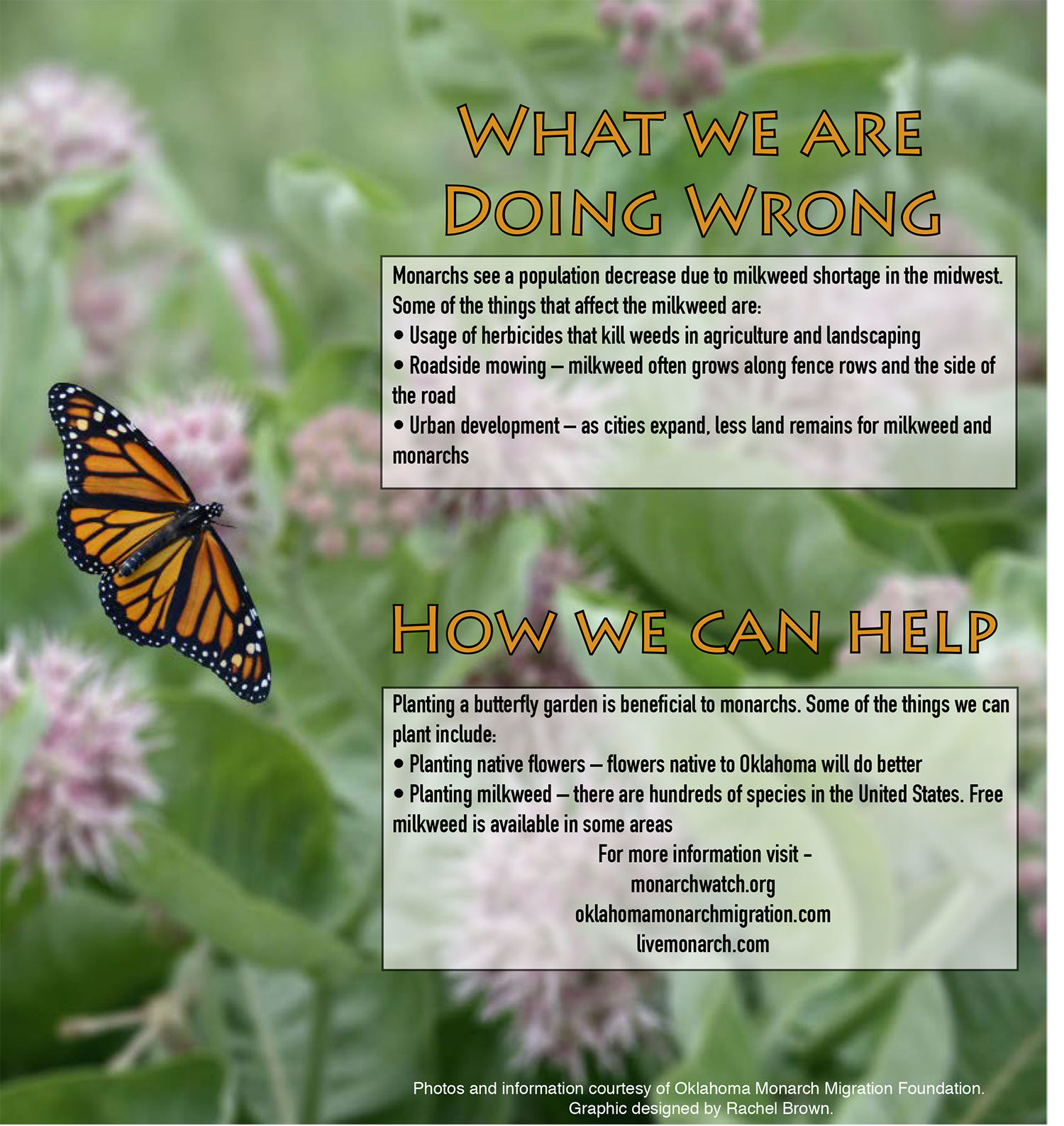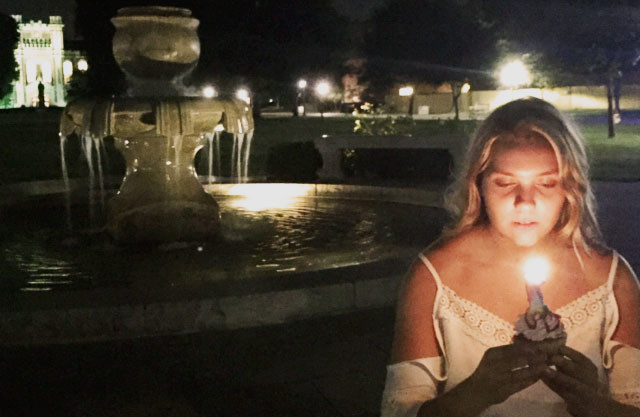Viviana Moreno describes herself as “sarcastic and blunt” as a result of experiences she had as a young girl.
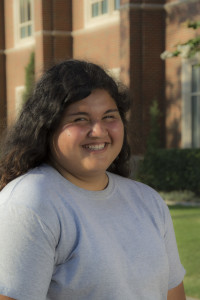
She is a first-generation Mexican American, who plans to be the first member of her family to go to college. Moreno said she already have faced many obstacles in her 17 years, such as a controlling father, the recession of 2008, odd jobs, divorce and homelessness.
Moreno describes her younger years as ordinary, living near Phoenix in the mountains. Her father, Horacio, worked in construction, while her mother, Maria; older sister, Estefany; and two younger brothers, Brian, who has autism, and Brandon; stayed at home.
Moreno played many sports growing up, such as hockey, soccer, polo, powder puff football and now softball. However, her first sport was boxing, which she started at age 3, and continued until age 12.
“My grandfather introduced me to a few moves at 2 years (old) and wanted me to box because I was a huge baby, bigger than all of my cousins, and guess thought I would be stronger,” Moreno said.
Her father didn’t approve of her boxing, but allowed her to continue because of her grandfather’s dying wish.
Once Moreno began boxing competitively, her father stopped her because he did not believe it was right for a girl to box. However, Moreno’s love of the sport motivated her to keep boxing in secret. She was so good — and determined — that she fought outside her age group.
“I’ve always been bigger and taller than the other kids,” said Moreno, explaining why at 10 years old she pitted against 15-year-old girls in a boxing tournament. She went on to win second place at regionals in the light-heavyweight division, according to Moreno.
When the recession hit, Moreno’s father lost his job. He moved to Oklahoma to get a job to support the family, who remained in Arizona.
“It still wasn’t enough,” Moreno said, so at the age of 10 she got her first job at a rock quarry, where she sorted and moved rocks.
She said her employers thought she was undocumented and tried to underpay her. However, since she was in America, she threatened to sue under the child labor laws if they did not pay her the same amount as a legal adult.
Moreno said that even though she was working, her family still struggled economically with her father having to pay rent in Oklahoma and help support the family in Arizona. Her family decided to join her father in the Sooner State.
Three years after the move, Moreno’s parents divorced. Her father didn’t allow her to talk to her mother, and eventually put her on a bus to visit his side of the family back in Arizona, Moreno said.
She said that after she returned from the five-week trip, she began believing that her father could not deal with her.
“He was never home,” Moreno said.
At one point, her father told her she could leave his home, so she left with the clothes she had on and a backpack with some of her belongings.
She assumes that her father believed she would just go back to her mother, but Moreno did not have her mother’s number since she was not allowed to speak to her at her father’s house. “I was not ready to reach out to my mom,” she said.
About eight months later, and “tired from moving around house to house,” Moreno found her older sister Estefany’s phone number in her backpack. She called her to Estefany to get mother’s phone number. It was the end of her freshman year in high school.
Eventually reunited with her mother, Moreno learned her mother’s side of the story.
“Basically (her father) was controlling what my sister and I did, and my mom had it worse,” Moreno said. “She could not do anything, like get a job or go out, and relied on my father for all the money, and finally she had enough of it.”
Moreno has not talked to her father since then, adding she was “never close” to him, and that “he only provided financial support, which I am only grateful for.”
Her mother remarried and the change was tough on Moreno. However, she ended up liking her stepfather because he made her mother happy, and let her mom be independent and get a job.
Moreno returned to sports, taking up discus. She also found a new love, journalism, which she discovered during a newspaper class her junior year. Moreno is interested in science and is considering going to school for chemistry and anatomy — or both — and going into a career in pharmaceuticals, but is still unsure about her future.
She would like to go out of state for college, but said “money is definitely an issue.”
No matter where she goes to college, she plans to be the first in her family to do so. Having that distinction leaves her feeling overwhelmed, she said, but added she does have a supportive network to help her.
“I have no family to guide me through the process, but luckily I have teachers who watch out for you, and that actually care and want you succeed after high school,” Moreno said.
Moreno said her family still struggles, but they are happier than they have ever been. Since she has found a new life with her family, she has learned how to be gentler in her interactions with others.
“I word the truth to not hurt people’s feelings too hard,” Moreno said.

